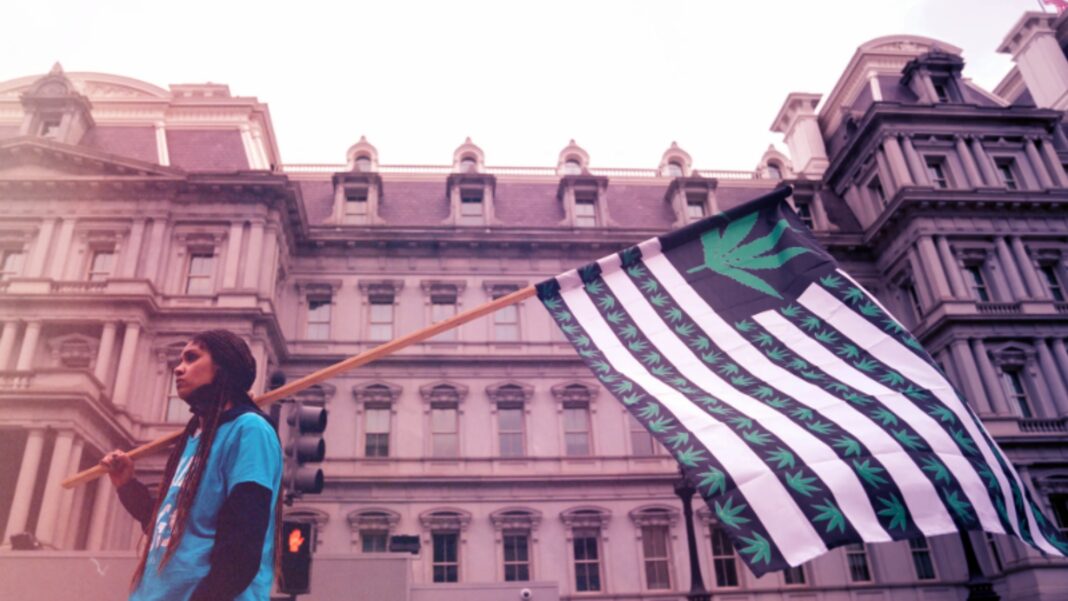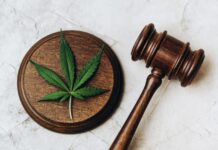
Bloomberg News just got a huge scoop: a letter sent from the Department of Health and Human Services to the DEA recommending that marijuana be moved from Schedule I to Schedule III in the list of Controlled Substances. There has been a lot of reaction to this move – some very good and some very negative.
Here’s what the move would mean.
Schedule I basically prohibits any use of the plant. Anything in this category is considered to have a high likelihood of abuse and zero medical use. For the last few decades, it has inhibited countless amounts of research and kept prosecution high for anyone caught with marijuana (now, at least, in states in which marijuana is still illegal).
Schedule III, on the other hand, are considered to have “moderate to low potential for physical and psychological dependence.” Other drugs in this category are ketamine, testosterone, and anabolic steroids.
The main effect this would have is to ease the financial pain of cannabis businesses across the country. Under Schedule I, businesses are put in a federal tax code that pays very high taxes, and these federal taxes would be lowered significantly under Schedule III.
It would also diminish the need for a banking bill that has been frustratingly stuck in legislative limbo for years because drugs under Schedule III have a much easier time working with banks.
Research would also be much easier to conduct, with many restrictions being put to the wayside, including one in which researchers could only get their marijuana from one single growing farm based at the University of Mississippi.
So that’s all the good that would come from a rescheduling. Business owners would immediately get some financial help and safety with banking. But what about the negatives?
For one, it looks like much more regulation will be headed towards the cannabis industry.
The FDA strictly regulates drugs in Schedule III, and picking up any other drug in this category at your local dispensary isn’t possible. This makes marijuana a slightly awkward fit into Schedule III. While the definition of dependence fits much more closely than Schedule I, a very prosperous dispensary system is already deeply rooted, and this goes against the FDA-regulated norm.
So perhaps they may do a hybrid method with marijuana where they don’t get too in the way of the dispensaries. We can only hope.
Of course, this is all just coming from a letter RECOMMENDING a change in scheduling. The DEA does not have to follow the advice of the HHS. Although, with the Biden Administration’s backing, it looks like this will soon be the federal government’s position on marijuana. Still behind what the states are doing, but I guess it’s in the right direction!
Read the original article at Bloomberg News.















